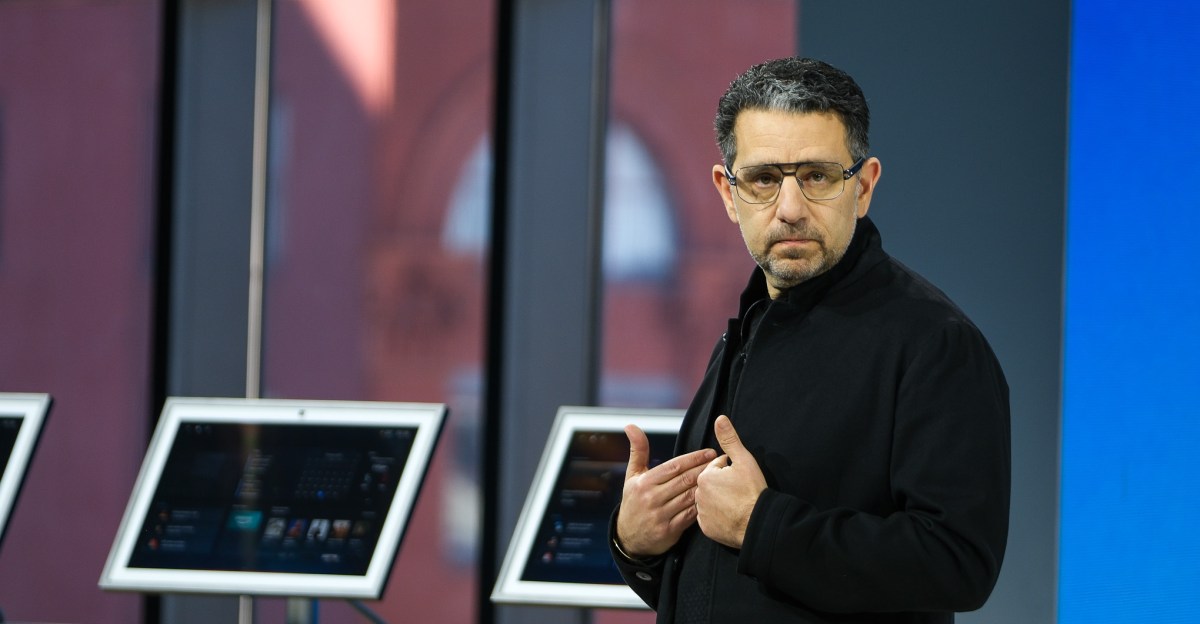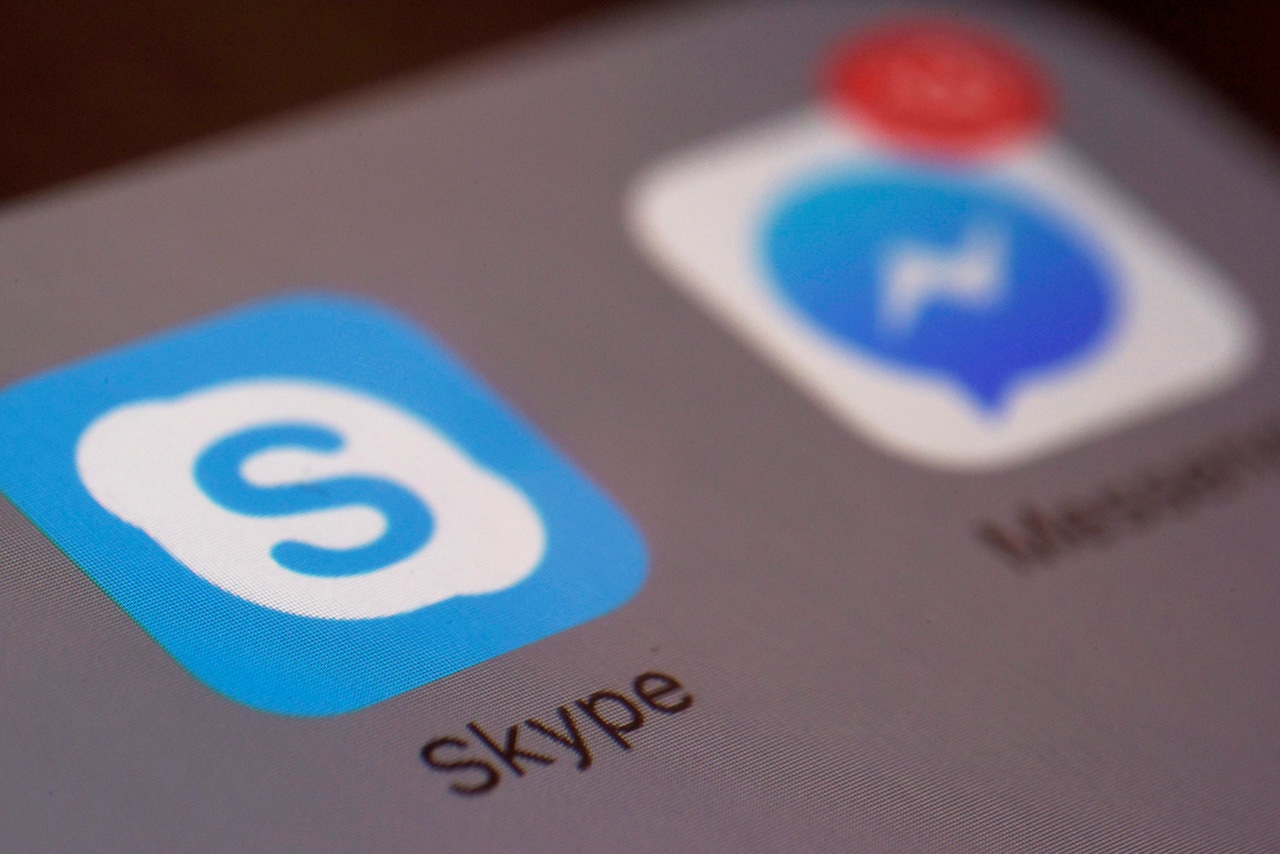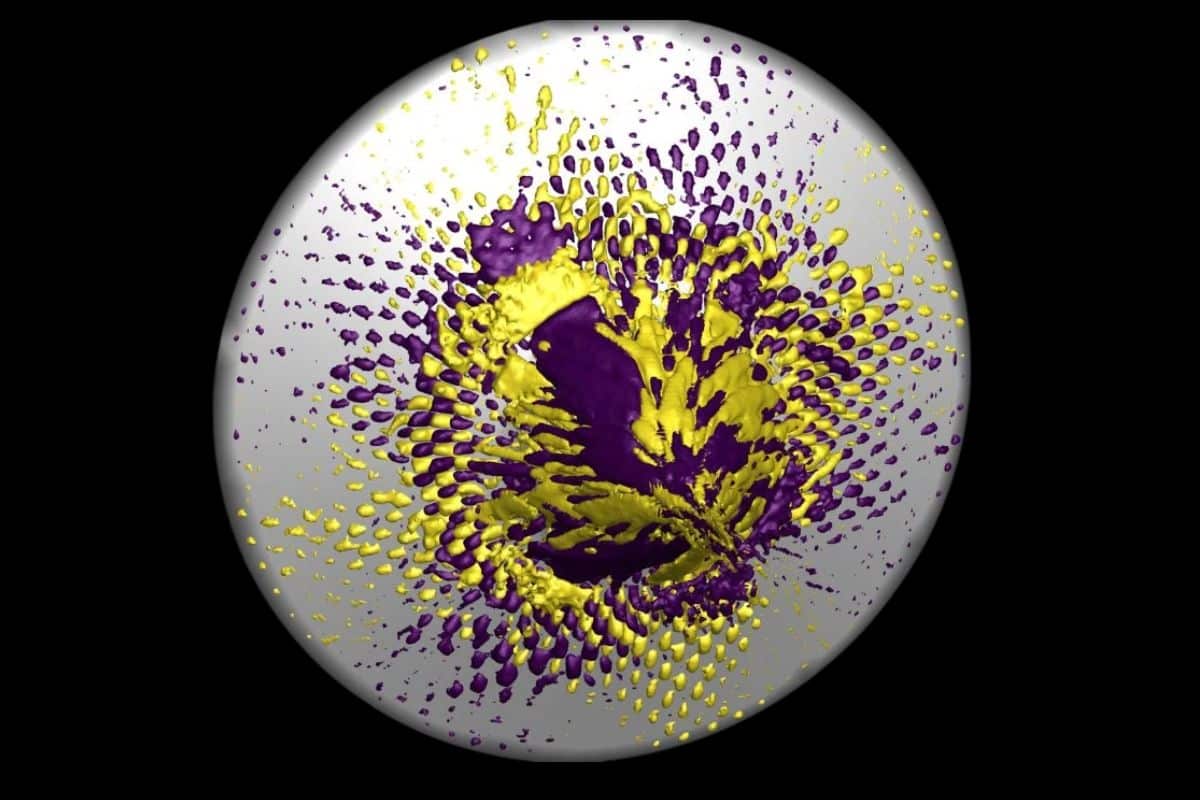Cyber Shield: Apple Alerts High-Risk Users of Imminent State-Backed Hacking Threats
Technology
2025-04-30 22:56:00Content

Apple has issued urgent threat notifications to journalists and activists, warning them of potential government-sponsored spyware attacks targeting their digital security. The tech giant continues its proactive approach in protecting vulnerable individuals who may be at risk of sophisticated cyber surveillance.
In a move that underscores the growing threats in the digital landscape, Apple is alerting specific users about potential state-backed hacking attempts designed to compromise their personal devices and communications. These targeted warnings highlight the increasing sophistication of cyber espionage and the critical role technology companies play in safeguarding individual privacy.
Journalists and activists, often working in sensitive environments and reporting on controversial topics, are particularly vulnerable to such digital intrusions. Apple's timely notifications serve as a crucial line of defense, enabling these individuals to take immediate protective measures and secure their digital footprint.
The threat notifications are part of Apple's ongoing commitment to user privacy and security, demonstrating the company's dedication to protecting individuals who may face potential digital threats from powerful state actors seeking to monitor or suppress critical reporting and activist work.
Digital Surveillance Exposed: Apple's Urgent Warning to Journalists and Activists
In the shadowy realm of digital espionage, technology giants are increasingly becoming the frontline defenders against sophisticated cyber threats targeting vulnerable professionals. As the digital landscape becomes more treacherous, Apple has emerged as a critical guardian, proactively alerting those most at risk from potentially state-sponsored surveillance operations.Unmasking the Silent Threat: When Technology Becomes a Weapon
The Escalating Landscape of Digital Targeting
The digital ecosystem has transformed into a complex battlefield where journalists, activists, and human rights defenders find themselves perpetually under scrutiny. State-sponsored cyber units have developed increasingly sophisticated methods of infiltration, leveraging advanced spyware technologies that can penetrate even the most secure communication channels. These digital predators employ cutting-edge techniques designed to compromise personal devices, extract sensitive information, and potentially endanger individuals who challenge established power structures. Modern surveillance technologies have evolved far beyond traditional monitoring methods. Sophisticated spyware can now infiltrate smartphones, laptops, and communication networks with unprecedented precision. These tools, often developed by specialized cybersecurity firms and acquired by government agencies, represent a significant threat to individual privacy and press freedom.Apple's Proactive Defense Mechanism
Apple's threat notification system represents a critical intervention in the ongoing digital arms race. By directly alerting potentially targeted individuals, the technology giant is taking an unprecedented stance in protecting vulnerable professionals. The company's approach goes beyond mere technical notification, serving as a crucial early warning system that empowers journalists and activists to take immediate protective measures. The notification process involves complex threat intelligence gathering, where Apple's cybersecurity teams continuously monitor potential breach attempts and track sophisticated spyware campaigns. Their advanced algorithms and global threat monitoring networks enable rapid identification of potential risks, allowing for swift and targeted interventions.The Global Implications of Cyber Surveillance
The rise of government-sponsored digital surveillance represents a profound challenge to fundamental human rights. Journalists and activists operating in politically sensitive environments face exponentially increasing risks, with their digital communications becoming potential vectors for potential persecution or compromise. International human rights organizations have repeatedly highlighted the dangerous implications of unchecked digital surveillance. These technologies can be weaponized to suppress dissent, monitor political opponents, and undermine democratic processes. The ability of state actors to access personal communications represents a significant erosion of individual privacy and freedom of expression.Technological Countermeasures and Personal Protection
Professionals operating in high-risk digital environments must adopt comprehensive security strategies. This includes utilizing end-to-end encrypted communication platforms, implementing robust multi-factor authentication, and maintaining rigorous digital hygiene practices. Cybersecurity experts recommend a multi-layered approach to digital protection. This involves regular software updates, using virtual private networks (VPNs), avoiding public Wi-Fi networks, and maintaining strict control over device permissions and application access. Additionally, individuals should consider specialized secure communication tools designed specifically for high-risk professional environments.The Broader Context of Digital Rights
Apple's intervention highlights a broader conversation about technological responsibility and digital rights. As technology companies become increasingly powerful, they are being called upon to play a more active role in protecting individual privacy and preventing potential misuse of their platforms. The ongoing tension between national security interests and individual privacy rights continues to shape the global technological landscape. Technology companies find themselves navigating complex ethical and legal territories, balancing user protection with governmental cooperation and regulatory compliance.RELATED NEWS
Technology

Breaking: Tecno's Ultra-Slim Smartphone Revolution Arrives - What Insiders Are Saying
2025-02-28 13:16:13
Technology

Alexa's Quantum Leap: How Amazon Just Rewrote the Smart Assistant Playbook
2025-03-01 13:00:00
Technology

End of an Era: Microsoft Pulls the Plug on Iconic Communication Platform
2025-03-01 14:57:57





